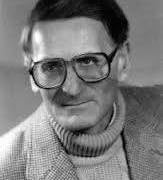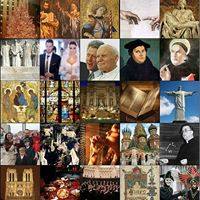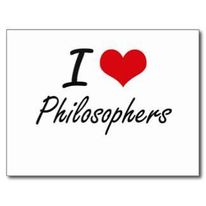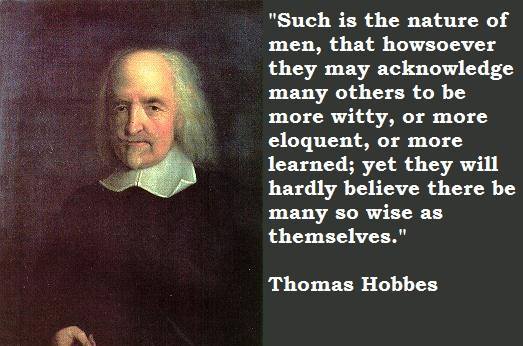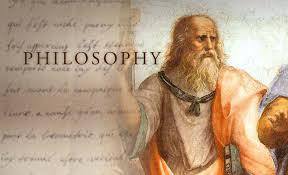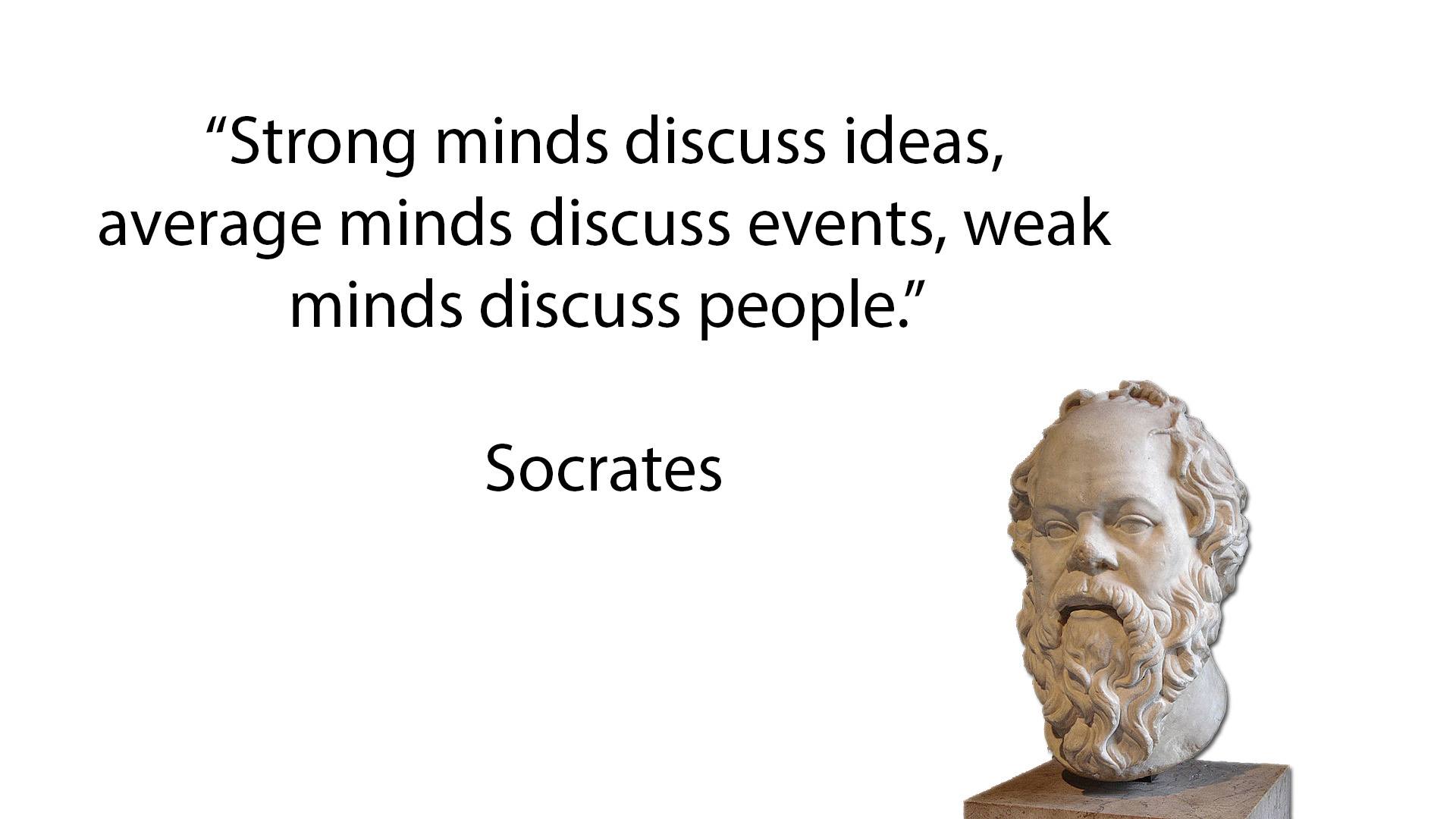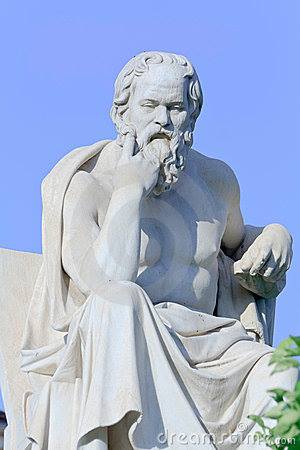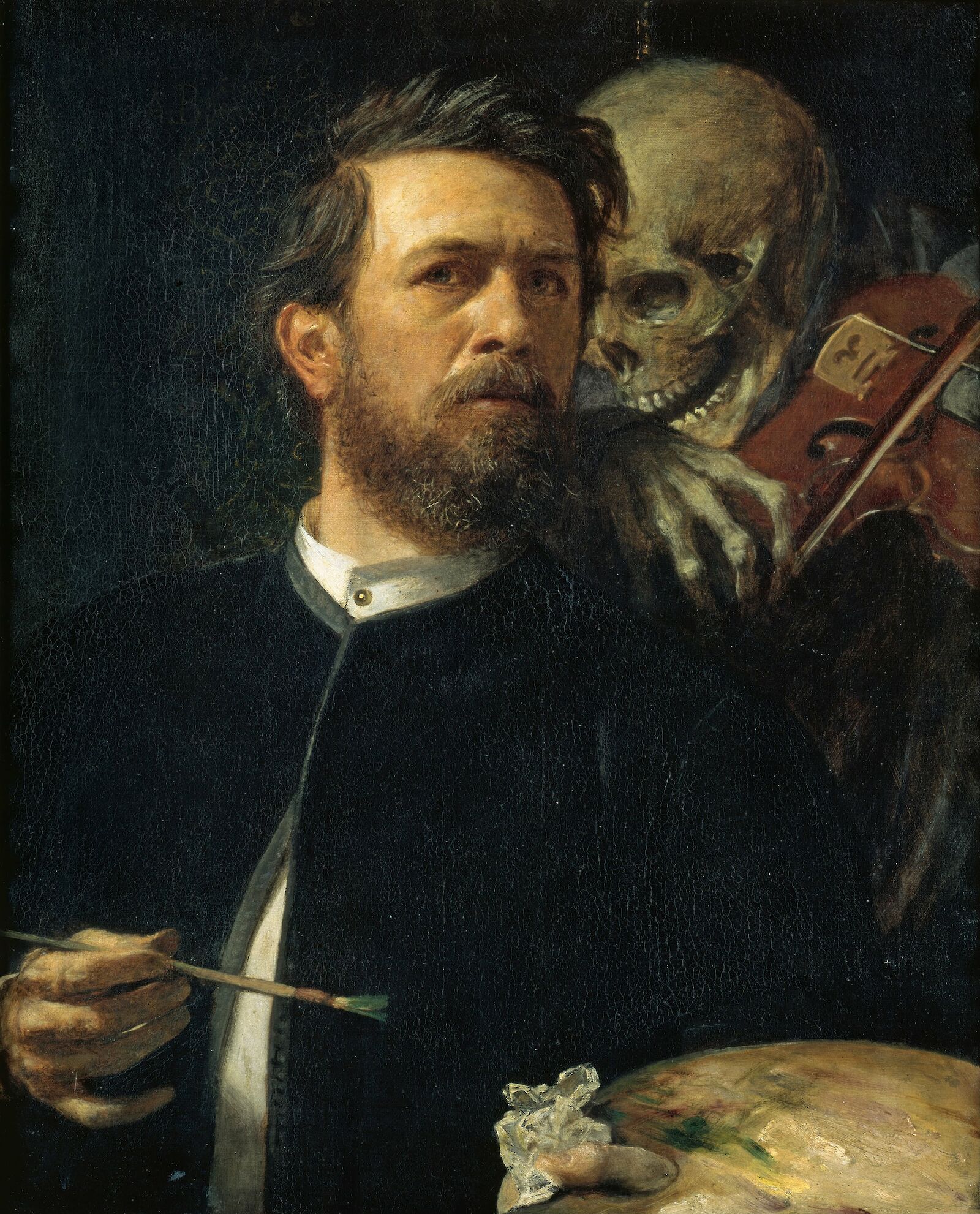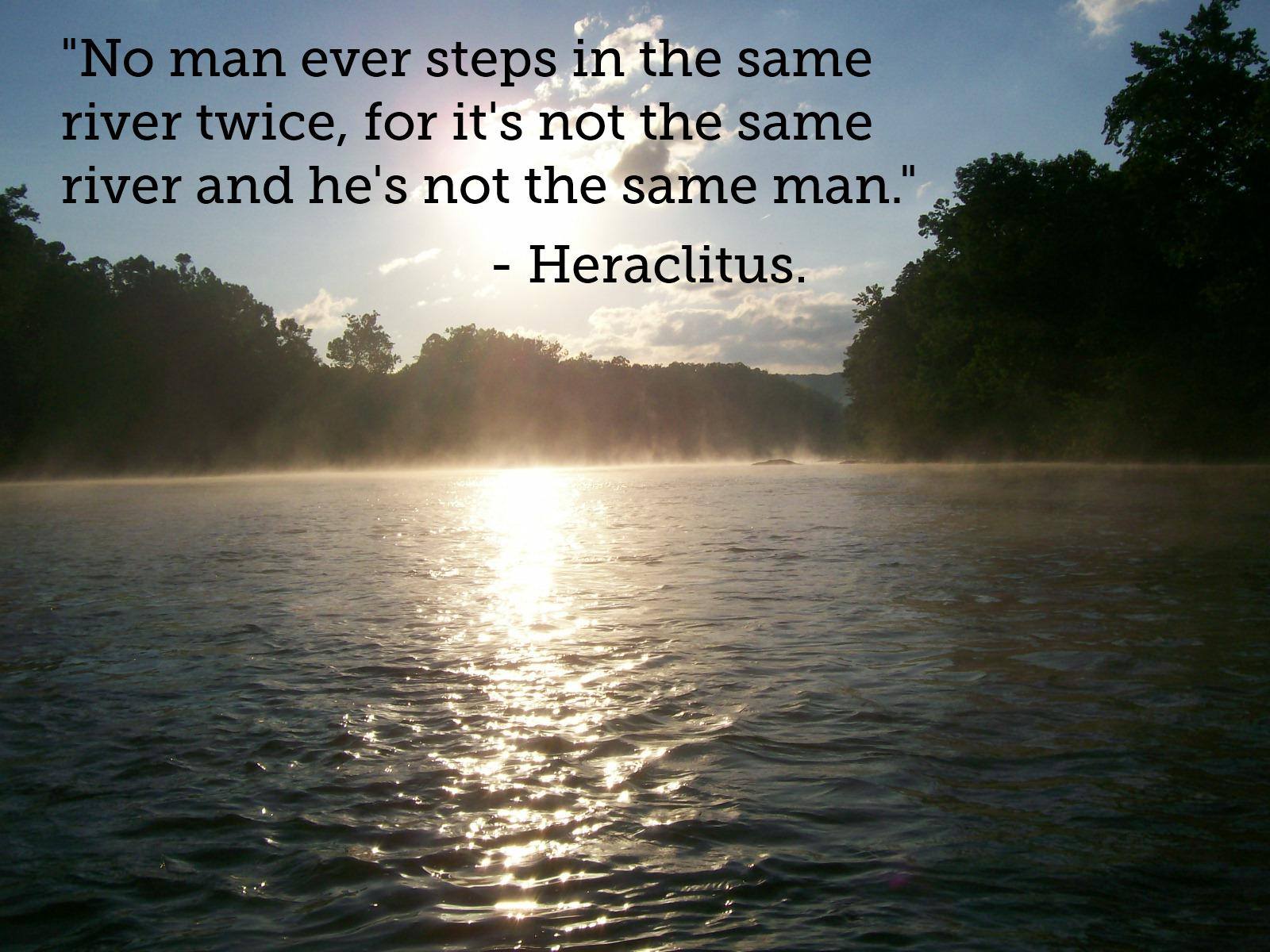One of Raphael’s most famous works is his School of Athens fresco at the Stanze di Raffaello in the Vatican. The painting, completed in 1511, shows key historical figures of philosophy, with Plato and Aristotle located at the center (pictured above). The two central figures are in dialogue about their respective beliefs, with Plato pointing up toward the sky and Aristotle holding his hand down, gesturing toward the space around them. This duality of gestures runs core to the field of philosophy, and it also runs core to the Theory of Verticality.
One Man's Search for Meaning and the Courage to Think for Himself
By its very nature, philosophy develops skills and abilities to build the groundwork for personal and professional success in many areas. Philosophical studies provide abilities to develop a sound argument and logical thinking. It is practically indispensable in passing the following tests: TOFEL, GRE-EST, GMAT, LSAT.
Philosophy gives self-confidence and courage to face others with self-reliance. It opens a wide area in the field of education: becoming a professional philosopher, university professor, and leader in the search for truth for many. Philosophy helps to evaluate the most fundamental questions of life and life’s meaning, the nature of religious faith, knowledge of moral values, and a center and direction in life. Philosophy gives basic knowledge necessary in the areas of law, medicine, psychology, social studies, business management, economy, and politics.
The study of philosophy is an ideal preparation for graduate school. It measures analytical reasoning and critical thinking skills. Over 5,400 programs are offered in many universities and institutions in 83 countries that use the GMAT as part of the selection for their programs. This test measures the ability to analyze data presented in various formats and multiple sources and the art of thinking.
Philosophy is practical knowledge that gives not only the “how” but also the "why" of life. At this time of globalization, it provides orientation and a truthful vision in the diversity and multiplicity of ideas, culture, customs, and ways of living around the globe. Philosophy is therefore a rational and logical search for the truth and meaning of human existence.
Compiled by Irene Saunder




